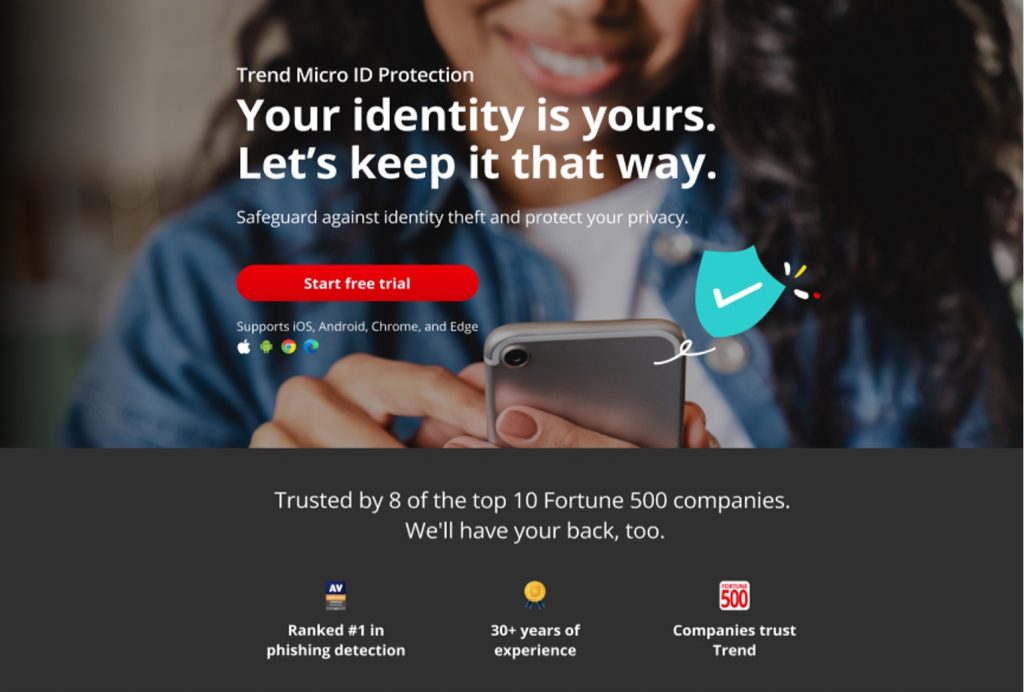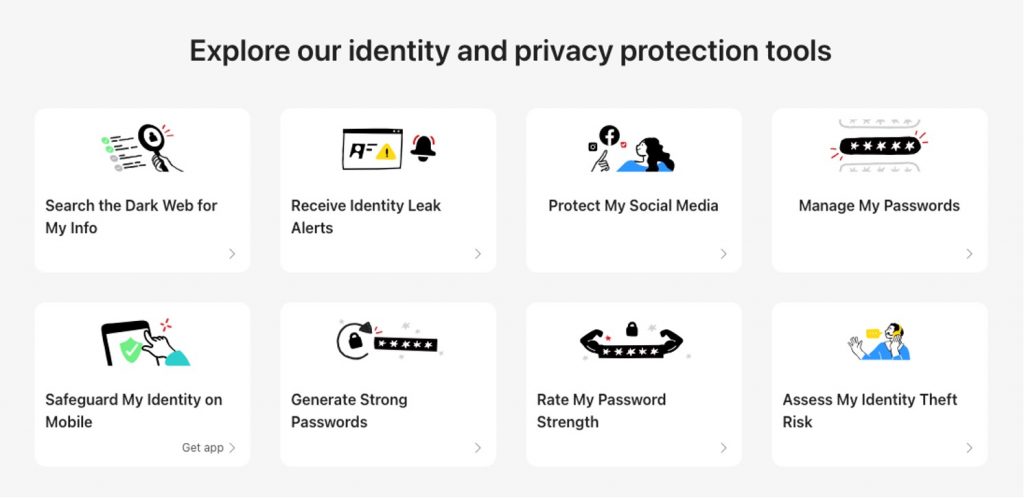It’s often said that in the 21st century, user data is the new oil — such is its value to the economy and companies therein. Companies use data for various purposes, and the specific practices can vary widely depending on the industry and the type of service or product offered. One thing’s for sure though, it’s big money — and companies’ profits depend on the availability of user data.
It’s no surprise then that in our increasingly interconnected digital world, data privacy has emerged as a critical concern, touching the lives of individuals, businesses, and societies at large. As we share more of our personal information online, the need to protect this data from unauthorized access and misuse has taken central importance.
What Is Data Privacy?
Data privacy refers to the protection of personal information and the right of individuals to control how their data is collected and used. It involves safeguarding sensitive details such as names, addresses, financial information, and other PII that relate to an individual’s identity.
In the digital age, where much of our information is stored and processed electronically, data privacy has become a crucial aspect of maintaining security and trust. Companies and organizations that collect and handle personal data are expected to follow ethical and legal standards to ensure that this information is kept confidential and used appropriately.
Data Privacy vs Data Security
While these terms are often used interchangeably, they do inf act refer to different things:
- Data Privacy: Data privacy is about ensuring that individuals have control over their personal information and deciding how that information is collected, used, and shared.
- Data Security: Data security is the practice of implementing measures to protect data from unauthorized access, disclosure, or alteration.
How Do Companies Use Personal Data?
The following are eight key uses of personal data for companies:
- Improving Services
Many companies collect and analyze user data to enhance their products or services. This can involve understanding user behavior, preferences, and needs, to make informed decisions about updates, features, or improvements. - Personalization
Personalized experiences are often created using user data. Companies use data to tailor content and recommendations to users, making their products or services more relevant and engaging. - Targeted Advertising
Advertising platforms use data to deliver targeted advertisements. By analyzing user behavior, demographics, and interests, companies can generate ads that are more likely to be relevant to users. - Analytics
Companies use data analytics to gain insights into user engagement, usage patterns, and overall performance. This information helps them make data-driven decisions to optimize their products and services. - Customer Support
User data is often utilized to provide better customer support. Understanding a user’s history and preferences can help companies offer more personalized and effective support. - Product Development
Companies may use aggregated and anonymized user data to identify trends and areas for improvement in their products or services. This can inform future development and innovation. - Research and Development
Some companies share anonymized and aggregated user data with researchers to contribute to industry studies, market analysis, or the development of new technologies. - Monetization
In cases where products or services are offered for free, companies may monetize user data by selling aggregated and anonymized information to third parties, such as advertisers or researchers.
Why Take Data Privacy Seriously?
The proliferation of our personal data on the web makes us vulnerable to cybercrime such as identity theft. Identity theft is far more common than people think, with $43 billion lost in 2022 and 1 in 6 Americans affected. If fraudsters acquire your identity credentials, they will have many dangerous options open to them — monetizing your individuality and causing immense destruction. A cybercriminal could, for example, open up credit accounts in your name and carry out large transactions, whilst ignoring any and all bills as they come due.
The following are our top tips for best practices that everyone should follow:
- Review the privacy settings for your online accounts to limit the amount of data that is collected.
- Take the utmost care with sensitive data such as your Social Security number and financial credentials.
- Use strong, unique passwords for all accounts. Wherever possible, always utilize two-factor authentication (2FA) or multi-factor authentication (MFA).
- Avoid oversharing on social media websites, and delete information you do not want social media services to retain.
- When signing up for online services, use an alternate email address or pseudonym. Consider deleting accounts you are not using anymore.
- When browsing, use a private browser or VPN to prevent third-party trackers. Make a habit of regularly clearing your browser history, cache, and cookies.
Protecting Your Identity and Personal Info
Compromised personal data can have serious consequences, including identity theft, financial fraud, and job losses. The best thing you can do is a) have reliable cybersecurity protection, and b) ensure you will find out ASAP in the event of being affected. We would encourage readers to head over to our new ID Protection platform, which has been designed to meet these challenges.

With ID Protection, you can:
- Check to see if your data (email, number, password, credit card) has been exposed in a leak, or is up for grabs on the dark web;
- Secure your social media accounts with our Social Media Account Monitoring tool, with which you’ll receive a personalized report;
- Create the strongest tough-to-hack password suggestions from our advanced AI (they’ll be safely stored in your Vault);
- Enjoy a safer browsing experience, as Trend Micro checks websites and prevents trackers.
- Receive comprehensive remediation and insurance services, with 24/7 support.

Offering both free and paid services, ID Protection will ensure you have the best safeguards in place, with 24/7 support available to you through one of the world’s leading cybersecurity companies. Trend Micro is trusted by 8 of the top 10 Fortune 500 Companies — and we’ll have your back, too.
Why not give it a go today? Simply click the button above or scan the QR below and you’ll be good to go!

As always, we hope this article has been an interesting and/or useful read. If so, please do SHARE it with family and friends to help keep the online community secure and informed — and consider leaving a like or comment below.
